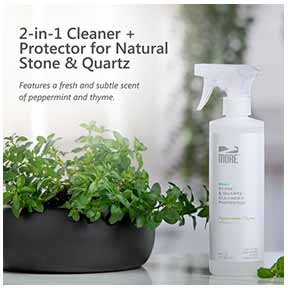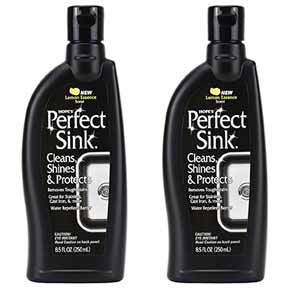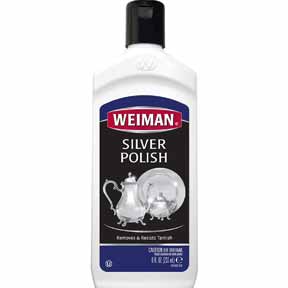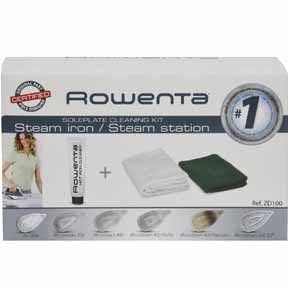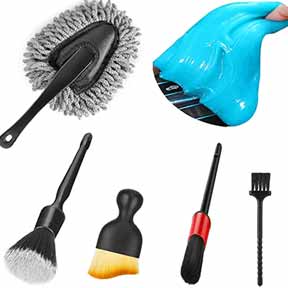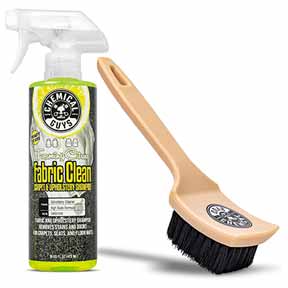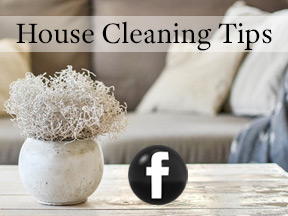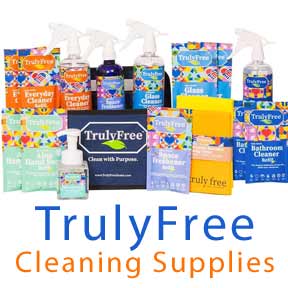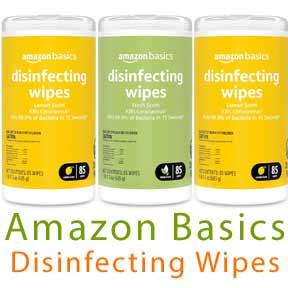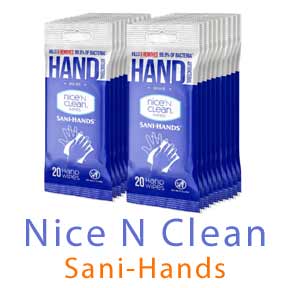Household Cleaning Tips

Tips for Cleaning Up Around the House.
A Variety of Tips to Clean Around the House
We all want to make cleaning as painless as possible. After years of practice, Mrs. Clean is here to share some tried-and-true tricks of the trade. Most of these tips use items you likely already have at home – no need for expensive cleaners in most cases. If you’re looking for household cleaning tips to make your routine easier, keep reading. Best of all, you won’t need harsh chemicals.
Cleaning the Kitchen
The kitchen often needs different types of cleaning solutions – from tackling grease to restoring shine.
Grease Spills
If you spill grease, sprinkle flour, cornstarch, or baking soda over it while it’s still fresh. Let it cool slightly (so it’s safe to touch), then wipe it up and clean as usual.
For hardened grease, mix a few tablespoons of baking soda with one cup of water. Dip a sponge in the mixture and scrub gently. This works great on greasy backsplashes or stovetops.
Note: Baking soda is slightly abrasive. Make sure it’s fully dissolved, use with the grain and use caution on delicate surfaces like colored cooktops to avoid scratching.
Cleaning Pots and Pans
Use baking soda to scrub off food and stains. For tough grime, soak the pot or pan with hot water and a bit of dish soap, then scrub.
For non-stick or stainless steel cookware, a dryer sheet soaked in hot water overnight can help loosen stuck-on food. (Avoid this method on cast iron or specialty cookware.)
Protecting the Stovetop
You might have heard that carnauba-based car wax can be used on smooth stovetops to create a protective layer that makes cleaning easier. While it’s true that car wax can add shine and help repel grease, it’s not designed for kitchen use.
Here’s why you shouldn’t use car wax on your stovetop:
- It’s not food-safe and could transfer residue to cookware or food.
- It may break down under heat, leaving behind buildup or haze.
- It can void your appliance warranty if damage occurs from non-approved products.
A Better Option for Protecting the Stovetop
Use a cleaner made specifically for glass or ceramic cooktops. These are safe, effective, and designed to handle heat. Look for products like:
- Weiman Glass Cook Top Cleaner & Polish
- Cerama Bryte Cooktop Cleaner
To use: Clean the surface thoroughly, apply the polish according to the instructions, and buff with a soft cloth for a streak-free shine. This will help protect the surface and make daily wipe-downs easier – without any risk.
Cleaning the Microwave and Oven
Sometimes, we don’t clean these appliances as often as we should – here’s how to catch up when life happens.
Cleaning the Microwave
Place one cup of water and slices of lemon, lime, or orange in a microwave-safe bowl. Microwave for about 3 minutes, until boiling. Let sit for 5 minutes to allow steam to loosen grime. Wipe down with a sponge or paper towel.
If grease remains, wipe again with a 50/50 solution of white vinegar and water or use a drop of dish soap in warm water.
For stubborn spots, try a Mr. Clean Magic Eraser.
Cleaning the Oven
Remove oven racks and soak them in the bathtub on top of an old towel. Fill the tub with hot water and dish soap. Let sit while you clean the oven.
Make a spreadable paste with baking soda and water. Wearing gloves, coat the inside of the oven and let it sit for 2 to 12 hours. Wipe clean with warm water and a cloth. Rinse any leftover baking soda residue.
Shining Up Stainless Steel
Stainless steel appliances are beautiful – but they love to show fingerprints.
Spray plain white vinegar on a lint-free cloth and wipe down surfaces. For a polished look, buff with a dry lint-free cloth or apply a little mineral oil in the direction of the grain.
Do this every few days to keep surfaces looking spotless.
Cleaning the Bathroom
Mold, mildew, and moisture make bathrooms tricky, but regular maintenance makes a big difference.
Preventing Mold and Mildew
Clean at least once a week. Run the fan or open a window during and after showering – keep it going for 30 minutes to reduce moisture.
Use a squeegee to remove water from the walls and tub before stepping out of the shower.
Cleaning Mildew
Mix 1 cup borax with 1 gallon of water. Use a spray bottle or dip a cloth into the solution. Scrub surfaces with a brush where needed. Works well on tile, vinyl, or plastic.
White vinegar can also kill mildew. Spray directly on the area, let sit for 10 minutes, then wipe clean. No need to rinse – vinegar odors fade quickly.
Important: Do not use vinegar on natural stone – it can damage the surface.
Cleaning Grout
Mix:
- 3/4 cup baking soda
- 1/4 cup hydrogen peroxide
- 1 tablespoon dish soap
Apply paste to grout, scrub with an old toothbrush, and let sit for 15 minutes. Rinse with warm water.
Cleaning Shower Doors
Use a fabric softener sheet to wipe down cloudy soap scum on glass shower doors – it lifts residue easily.
Reducing Bathroom Odors
Freshen up your bathroom naturally and affordably.
DIY Bathroom Spray
You can make your own bathroom spray that’s simple, natural, and smells great.
Ingredients (for a 4 oz spray bottle):
- 30 drops of essential oils
- 2 tablespoons witch hazel
- Distilled water
Instructions:
- Add the essential oils and witch hazel to a glass spray bottle.
- Fill the rest of the bottle with water.
- Secure the spray top and shake well to mix everything together.
How to Use:
Mist into the air as needed. You can also spray inside the toilet bowl, on bathmats, or even on shower curtains to help freshen things up.
More Odor-Fighting Tips
- Add a few drops of essential oil inside the toilet paper roll for a subtle fresh scent.
- Sprinkle baking soda or place a fabric softener sheet in the bottom of the trash can to absorb odors.
- Clean the sink trap and bathroom fan regularly.
Removing Household Stains
From Kool-Aid to tarnished silver, everyday messes happen – but they’re usually fixable.
Kool-Aid or Dye Stains
Make a thick paste of baking soda and water. Rub a bit into the stain, then cover it with more paste. Let sit for several hours or overnight, then rinse clean.
Stuck-on Food
For pans with cooked-on food, fill with hot water and place a dryer sheet inside. Let soak overnight, then wipe clean in the morning.
Tarnished Silverware
Line a pan with aluminum foil. Place silverware on the foil. Pour in a solution of:
- 2 cups hot water
- 2 tablespoons baking soda
The chemical reaction removes tarnish naturally.
Cleaning Ceilings
Ceilings are easy to forget – and hard to reach! Here’s a better way to tackle the job:
Use a long-handled paint roller to dust or wipe down ceilings. It’s much safer and easier than dragging a ladder around. Just be sure to rinse or swap out the roller as it picks up dust.
Cleaning Blinds
If you have old socks, place them on your hands to clean and dust window blinds.
These household cleaning tips are simple, practical, and make use of items you likely already have at home. By using gentle, affordable ingredients and a little know-how, you can tackle everyday messes without harsh chemicals or expensive products. Whether you’re freshening up the bathroom, shining the kitchen, or just keeping things tidy, a few smart tricks can make the job quicker and a lot more manageable.
Car and Household Cleaners
